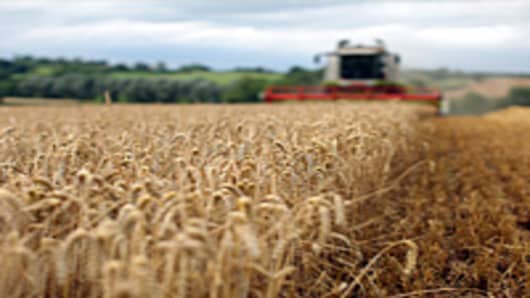Emerging markets currently represent "about half of global growth," World Bank President Robert B. Zoelick told CNBC Tuesday.
Emerging markets have "recovered quite nicely" at a time when the United States is facing slow growth, unemployment and a fiscal deficit and Europe is trying to manage the crisis in Greece while returning to better growth, he said.
"So at a time the developed countries have been struggling, those [emerging] markets have been assuming more prominence, whether it be commodities markets [or] some of the things we deal with on the food side," he added. These markets have also helped "with some of the exports from developed markets."
China is slowing a bit, "but I think that’s actually appropriate," Zoelick said. "They recovered very well and with the risk of overheating it’s important they come back down a little bit" to avoide a bubble in real estate and other sectors of its economy.
The World Bank, which offers loans, advice and other resourses to developing countries, said Monday it launched a pilot program with J.P. Morgan to provide as much as $4 billion in protection for volatility in food prices.
"In developing markets, people don’t have access to basic commodity derivatives," he told CNBC Tuesday. "These are pretty plain-vanilla products."



